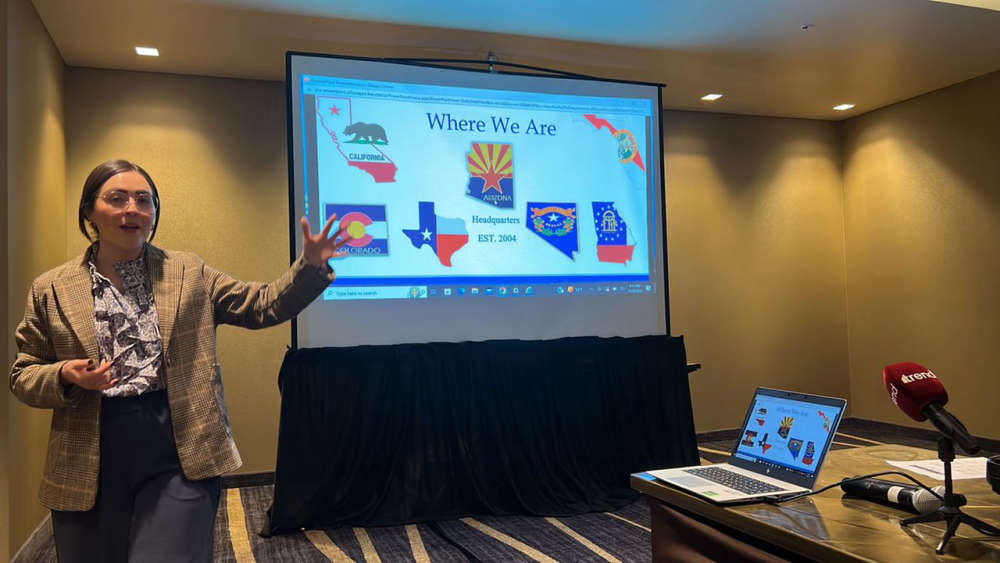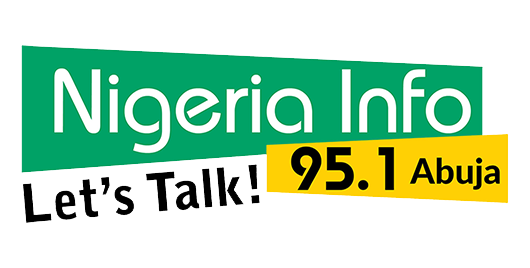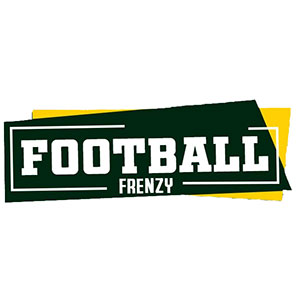
The League of Women Voters was founded 102 years ago. At the time it was fighting - unsurprisingly - for women’s right to vote.
After winning that war, the LWV broadened its mission to the protection and expansion of voting rights to all Americans. Across the country, over 700 state and local “leagues” run voter registration drives. The LWV also runs “Vote411”, a voter preparedness website. It lets anyone check their registration status, find their polling place, and learn about the candidates’ positions on key issues.
“What we do,” says Penny Sheoran, the President of the Arizona State League, “is emphasize the connection between the decisions made at the ballot box and the impact on their communities and their lives.”
Sheoran describes the all-volunteer league as “nonpartisan, activist, and grassroots.” And with 70,000 volunteers in 700 leagues in all 50 states, they’ve earned the “grassroots” tag. Even more remarkable is that the LWV has achieved this without affiliation to either major political party. Especially so when you compare to Nigeria, where groups are often either nonpartisan or grassroots, but not both. Civil Society Organisations in Nigeria tend to be too cash-strapped to develop a permanent presence in all 774 local government areas, and Nigerians simply don’t volunteer enough yet to make it happen without pay.
And that’s perhaps one of the most striking things about American democracy. Napoleon called England “a nation of shopkeepers.” He would have probably called the USA “a nation of volunteers.” Groups like LWV aren’t an anomaly. There are scores of other civic organizations made up of people across party lines, who want to widen and improve the electoral space.
Mi Familia Vota is one. They’re registering and educating voters, with a focus on America’s growing Hispanic community. Unlike the nationwide LWV, Mi Familia focuses on seven states with the highest concentration of Hispanic Americans. They’ve registered over 35,000 voters since February and knocked on over 200,000 doors since July.
Like the League, Mi Familia Vota’s registration drives are party-agnostic. Arizona leader Carolina Rodriguez says “not one person was asked ‘are you Republican? Are you Democrat?’ No. We believe democracy works when everybody has access. And does it hurt that perhaps some of those very people whom we’ve helped, actively want to deport me? Yes, but that’s the work.”
And the work of voter education starts early. Mi Familia Vota (Spanish for “My Family Votes”) also reaches out to family members who can’t vote yet. They talk to teenagers at schools and social gatherings, preparing them to do their civic duty when they turn 18. As Carolina points out, online radicalization doesn’t wait for their 18th birthday.
Organizing voter registration/education and rights advocacy along socio-cultural lines is an interesting model when applied to Nigeria. Would our civic and political space be better off if the Afeniferes, Ohanaezes, and Ijaw National Congresses took an active role in making sure people collected their PVCs and knew where candidates stood on issues affecting their ethnic groups? Or is that too close to the dreaded “tribal politics”?
Beyond getting voters ready, America’s nonpartisan political organizations are also working to keep the playing field level. The League of Women Voters has successfully pushed for the creation of three institutions in Arizona to improve democratic life: a Judicial Review Board to rate judges; a Clean Elections Commission to help candidates who can’t afford to run expensive campaigns; and an Independent Redistricting Commission, to make sure district maps are redrawn rationally to avoid gerrymandering (where a party draws the map to create many districts where they can’t lose, and a few where they can’t win). Coming back to Nigeria again, there are some parallels with how groups like EiE mobilized public outcry against attempts to remove the electronic transmission of election results.
But there are new challenges on the horizon. Sheoran believes that growing voter intimidation could get worse. The League is already in court, getting rulings that make some of the worst behavior illegal. And their volunteers are already at polling stations and ballot drop boxes, making sure those rulings are obeyed.
Again, these American problems have Nigerian cousins. And while it would be easy to ask why Nigerian CSOs can’t tackle them as efficiently as the American ones, the real question is why more Nigerians aren’t as ready to volunteer. Carolina showed us pictures of her volunteer days as a university student. Apparently, it’s quite common for students to get involved in causes, and spend actual hours on the street. Perhaps EndSARS was a sign that this same everyman activist culture is coming to Nigeria too. Maybe the productive, reformist, organizational energy we saw young people unleash on the streets will translate into our own LWVs and MFVs, and our own armies of volunteers ready to staff them year-round.
Hard Facts: Disturbing America
Hard Facts host Sandra Ezekwesili is in the US covering the 2022 midterms, on the invitation of the State Department's Foreign Press Center.
During the first two weeks of November, Sandra will be sharing her observations from the Campaign Trail in Arizona and North Carolina.


